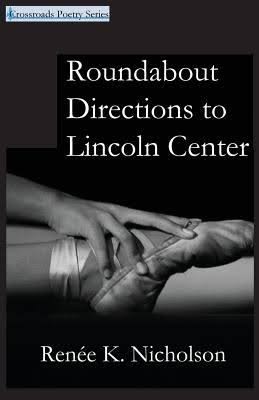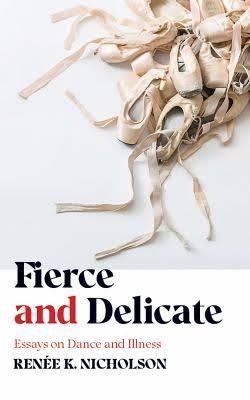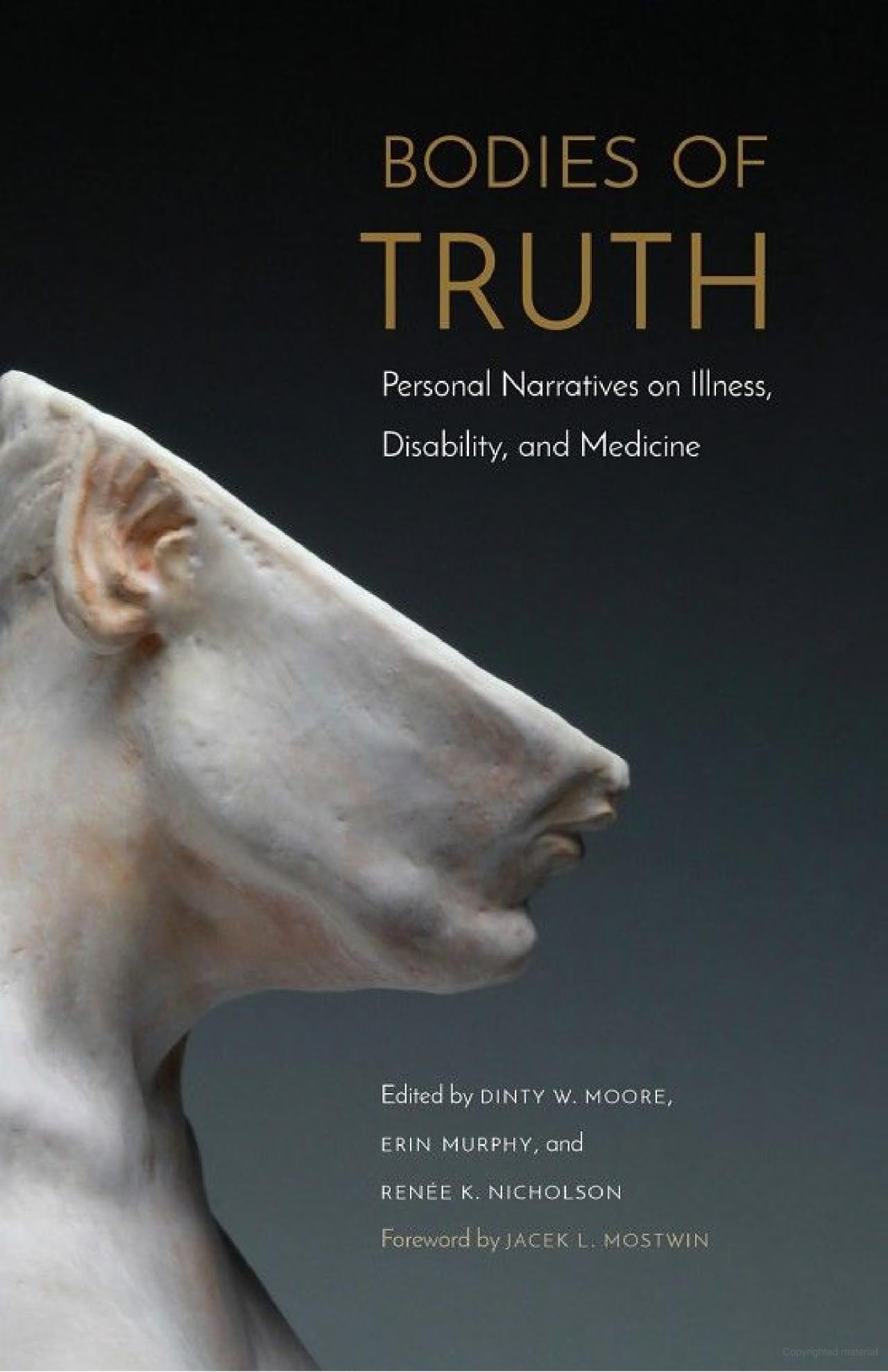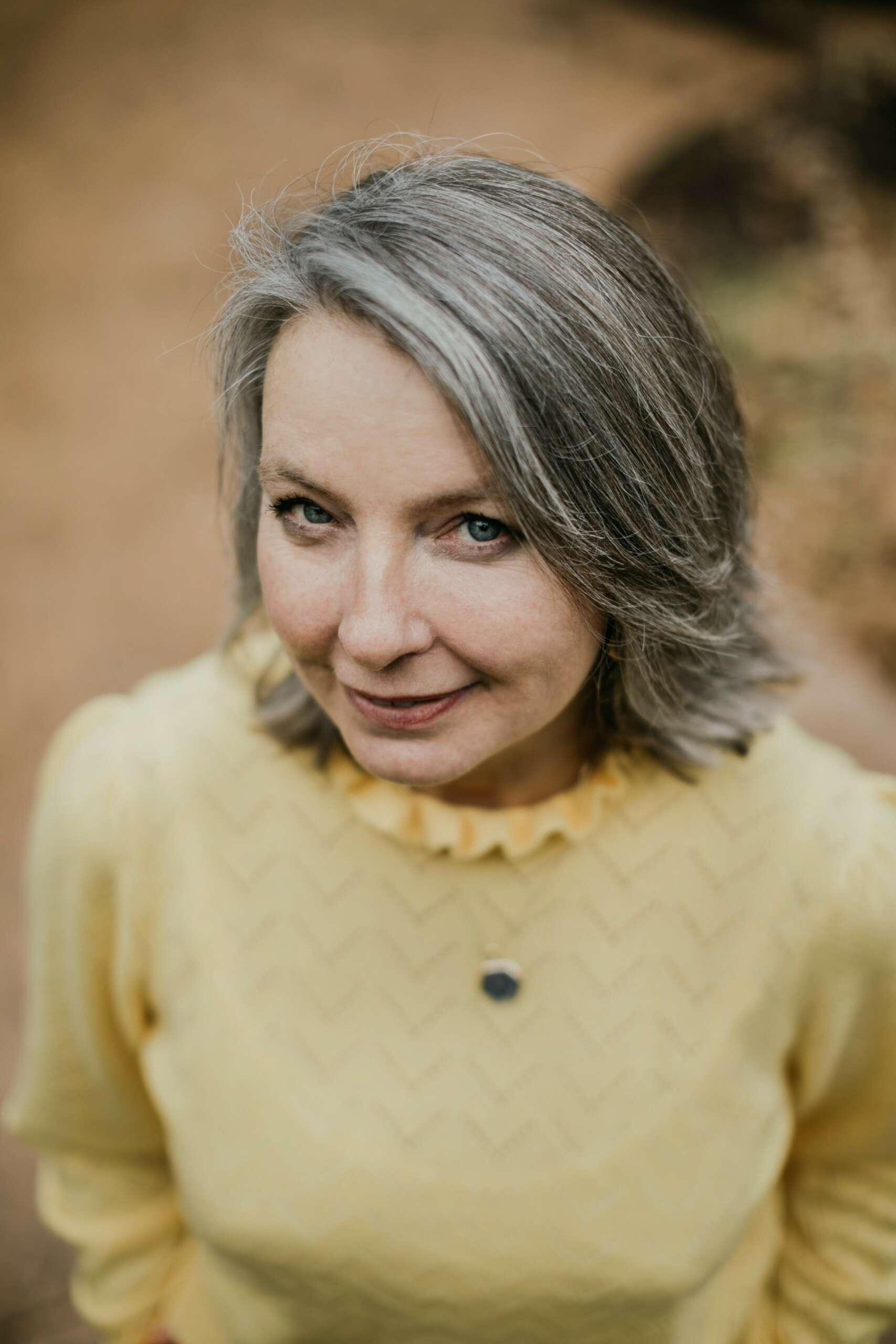We caught up with the brilliant and insightful Renee Nicholson a few weeks ago and have shared our conversation below.
Hi Renee, thanks for joining us today. We’d love to hear the backstory behind a risk you’ve taken – whether big or small, walk us through what it was like and how it ultimately turned out.
I am currently in the risk-taking moment: I have given notice to my employer to devote my time to my creative work. Over the last few years I have managed to save up money so that I can step away. My current position might seem like a good one for a writer, but it increasingly cuts into my non-work hours. The energy I might put into my own work has been in service to others, which, in and of itself, has not been a bad circumstance. I loved learning about and supporting the creative and scholarly work of my colleagues. But, as I watched my book manuscripts languish and finding myself depleted when I sat down and faced the page, I knew I needed a change.
Before moving on, I need to acknowledge the privilege I have in making this choice, including a spouse with a good income and health benefits. I know I am lucky, and yet, it’s scary to untether myself from a full-time job.
My brother died in the summer of 2019 from metastatic colon cancer. He was only 42 years old, and should have had a lot of his life ahead of him. As I found myself at an academic institution slashing programs and positions, I started to see the futility in my role–one that should have been a dream job, losing financial and other support year over year–and began wondering what advice my brother might give me. He used to like artistic pursuits, and in the last years of his life started drawing again, not a lot but enough that I could see the joy it had once provided him. I bought him a sketchbook, but when he died, we found it untouched. However, my parents found my new collection of poems in his bed after they removed his body. I have been thinking on this image: pages of poems found in a now empty bed. I don’t know if he was well enough to read them, or why he had them so close, and maybe that doesn’t matter. Sometimes the dead leave us living signs of what we might do next.
In the last ten years, I’ve been exploring the connection between the arts and illness. When I was young, I trained to be a ballet dancer, but that career was sidelined by rheumatoid arthritis. I studied creative writing after that, and, once approached by a palliative care physician to help a patient of his complete a memoir before he died, found a practice called narrative medicine, which is growing the abilities to, as its founder Rita Charon has written, “to recognize, absorb, interpret, and act on the stories of illness.”
I’m currently working on a memoir that incorporates narrative medicine, which has been at the core of both my creative work and scholarship. It’s tentatively titled THE NIGHT IS YOURS ALONE and it is not only about my brother and his journey with cancer, it’s about how I’m writing my way through the healing process of losing him. Neuroscience has helped us understand that grief is a learning process, and writing is also a learning process. I’m discovering the self I might be by looking back at the self I once was.
I’m also using photography as a way of learning more about writing. I’m not a trained photographer, but I have found the ideas behind making pictures useful to both literary prose and poetry. These photos are teaching me about framing, texture, color, balance, and so on. I often try to see my writing in a similar way–where the words need to be and where the silences are required, just like one might center, include, or omit parts of what is seen to create an effect. This is a smaller risk that’s part of this bigger risk of focusing on the book rather than a job.
It’s scary and invigorating. I’m not quite sure how it will all turn out, but for the first time in a long time, I feel a sense of calm and relief.

Renee, love having you share your insights with us. Before we ask you more questions, maybe you can take a moment to introduce yourself to our readers who might have missed our earlier conversations?
I started my life thinking one thing: I am a dancer. But because of health issues, that came close but did not become a long-term reality. Instead, I found myself drawn to writing. Expression is part of my make up, just like my blood and bones.
However, I’ve lived across two worlds: the academic scholar in humanities and the literary artist. Sometimes these roles overlap nicely and often they’ve been in conflict. The place where the two are most harmonious is in the realms of narrative medicine and art in medicine. These practices give me a venue to both create works that are healing to me–and I hope to others–while also using my skills and talents in service to others. I spent two years in a cancer center’s infusion center, helping people getting chemotherapy create life stories. This was in West Virginia, where I live and where I have deep family roots. People came from all over the state and across the Appalachian region to get their therapies at the infusion center, and gathering their stories was like creating a map of experience. I heard extraordinary stories from people who described themselves as ordinary.
Illness often robs patients of their voices. Suddenly, this person, with their whole life and experiences and relationships is relegated to that role of patient. My brother, who spent five years as a metastatic colon cancer patient, used to tell me, “I’m tired of being Cancer Guy.” His friends always wanted updates on his treatment, and his health providers only saw him as a patient. There was no space for him to just be him.
Like my brother, the patients I work with often feel cast in a role they do not want. Patients want to be well again, and the truth is one can suffer illness and still have good well-being. But modern medicine doesn’t address that. The prevailing story in medicine is “conquering hero”: doctors who “save” patients from grave illness, people who bravely battle their affliction. The only goal is restitution. But what if that’s not possible? Don’t all patients deserve a pathway to meaning-making?
I think the arts address illness as well as medicine does. It doesn’t mean I think that people should chuck their care teams and just hang out with artists. It has to be in tandem. It has to be adapted to individuals, not faceless numbers in a system.
People can help heal themselves. I wrote a book, FIERCE AND DELICATE, about training as a dancer and living as a rheumatoid arthritis patient. I found ways to let dance back into my life, and to make meaning from the changes I faced. I helped a man in the last year of his life, living with ALS, write a memoir. He wanted to leave his voice behind for the people who knew him, but also for those who might not know him any other way. The patients with cancer I worked with often shared their stories–not book length, but still meaningful–with family and friends. One woman told me she copied her story before she went to the Wal-Mart in her small town, because that’s where she saw everyone and she wanted to share it. These people and I co-created together, and they taught me that healing can be a wholeness of spirit. I owe so much to them, and I think about their stories often.
I have also worked with physicians and other health professionals to examine themselves. It’s difficult to be open to receiving the stories of others if you are closed off to yourself. I’m concerned about physician burnout, which I think might stem from lack of fulfilling the potential and the promise of one’s position. I’ve seen students go to medical school for really compelling reasons that typically relate back to wanting to serve and help people. But the system of healthcare can break that down. I think about this great quote from the writer Louise DeSalvo from her book, WRITING AS A WAY OF HEALING: “Creativity is a basic human response to trauma and a natural emergency defense system.”
So, I write by myself and with others, create workshops, have collaborated to create exhibits, and so on. My interests are often connected to how writing can be authentically healing and make us feel more whole.

How can we best help foster a strong, supportive environment for artists and creatives?
Right now, people have a misconception about art and artists that insists that we “do what we love” and so we don’t need to worry about material considerations, like good salaries and healthcare. We absolutely need these things! The available resources go to support a small section of artists and writers. Really, there are no “middle class” artists. That needs to change, but first this insipid idea that because you love something you shouldn’t get compensated well for it is just not a healthy one.

Is there a particular goal or mission driving your creative journey?
I continue to hold the belief that stories–real, authentic storytelling, steeped in craft as to be well told–can impact our lives in a myriad of ways and that these artifacts of our lived experience are vitally important. While I’ve never quite articulated a mission, I hold strong beliefs that might create a de facto mission. I strive to be an elegant thinker, I find beauty in everyday things and experiences, and I find stories lodged in the crevices and crannies of our cluttered existence. Meaning is a superior benchmark to productivity, and time is our most precious currency. People can be beautiful if we let them; so many of our problems are of our own making. In our current culture, we’re so concerned with outward appearance and the idea of scarcity. I feel fulfilled when my world, from my mindset on, is filled with abundance. I’ve started a practice where if I think of a complement to give someone, I try to share it immediately, and the amazing consequence of this complement practice is that when I’m engaged with it my creativity skyrockets. I think that generosity and creativity might spring from the same source. Maybe Keats had it right when he spoke about negative capability, or that mindset that centers on suspending judgment about something in order to learn more about it. By resisting what we don’t understand, we open up ourselves to wonder.
Contact Info:
- Website: www.reneenicholson.com
- Instagram: reneekwrites
- Linkedin: linkedin.com/in/renee-k-nicholson-6526b
- Twitter: summerbooks1
- Other: I’m a creative partner in Healthcare Is Human: https://soundcloud.com/ryan-mccarthy-967040210 I’m a contributing writer to Synapsis: https://medicalhealthhumanities.com/author/reneenicholsonwvu/ I write a Substack called “I’d like to comment…”: https://reneeknicholson.substack.com/publish/posts My books are ROUNDABOUT DIRECTIONS TO LINCOLN CENTER (poetry, UrbanFarmhouse Press 2014), BODIES OF TRUTH (narrative medicine anthology, University of Nebraska Press 2019), FIERCE AND DELICATE (memoir-in-essays, WVU Press, 2021) and POSTSCRIPTS (Wild Ink Publishing, forthcoming 2025).
Image Credits
Artists photo by Molly Humphreys


